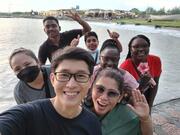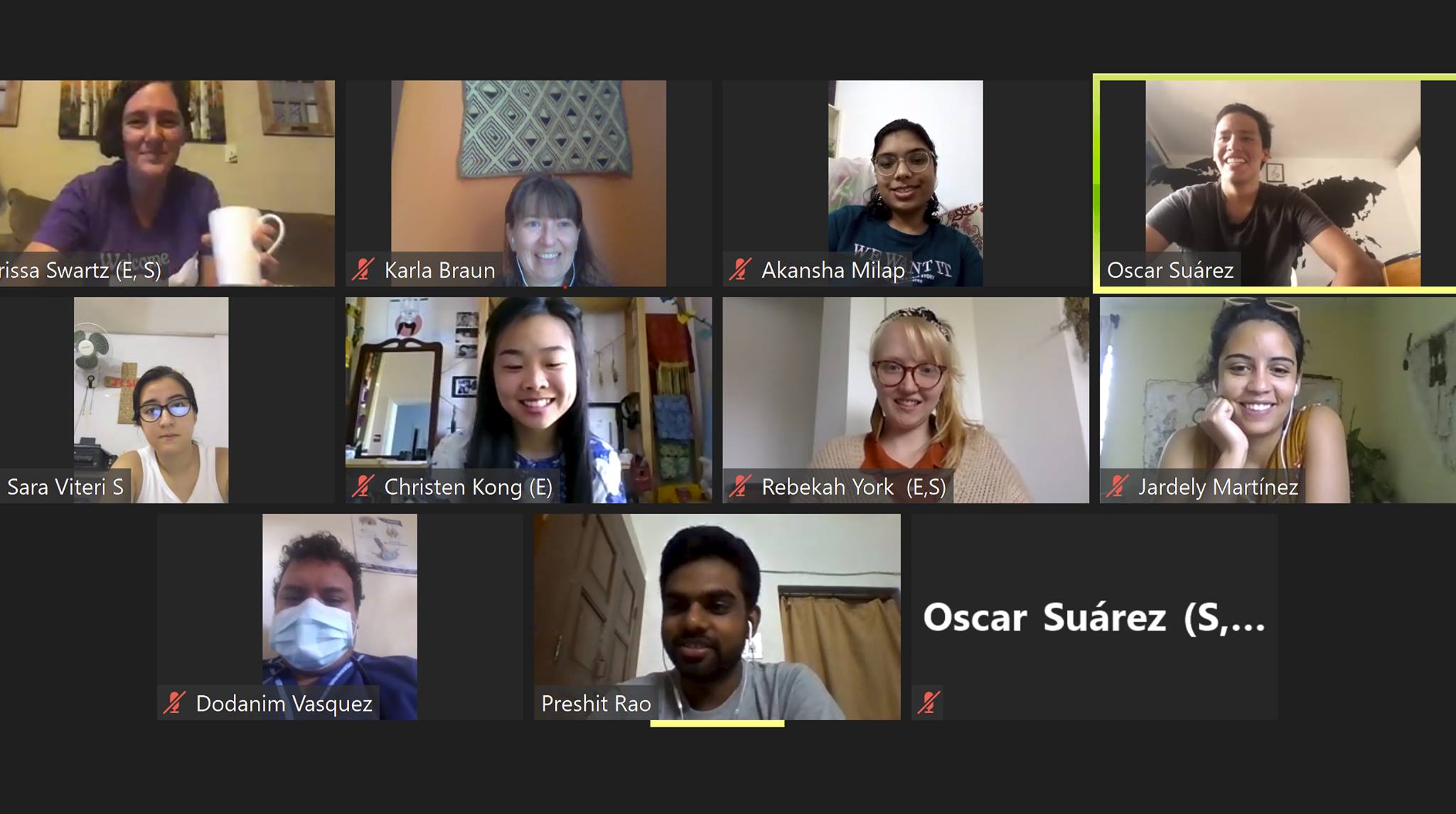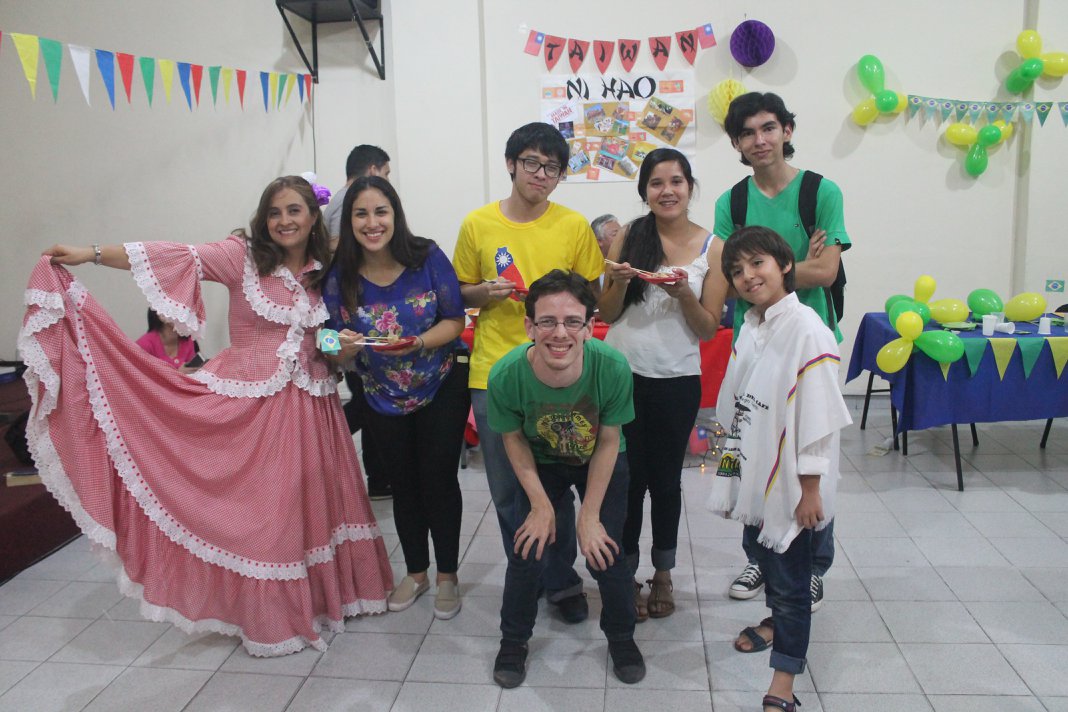-
YABs Fellowship Week 2022 worship resource
Prepared by the YABs Committee for 1-4 July 2022 *This year’s Fellowship Week activities will take place during the Global Youth Summit and Assembly 17 in Indonesia Theme “Sealed in the Spirit” Why this theme was chosen This theme ties in with the 2022 Global Youth Summit (GYS) theme: “Life in the Spirit.” This topic
-
Praising God together across barriers
“I can see one family with a lot of members, worshipping the same Father,” says Natacha Kyendrebeogo from Burkina Faso. She is one of four young people serving through YAMEN on the Mennonite World Conference (MWC) Assembly team in Indonesia. YAMEN (Young Anabaptist Mennonite Exchange Network) is a program that places emphasis on expanding the
-
5 lessons from the pandemic
During times of uncertainty, it is normal to be filled with doubt, fear and panic. Remember when Jesus called Peter out onto the water: Peter took a few steps, but as soon as he looked at his circumstances, he was filled with doubt, fear and panic. (Matthew 14:22-33). In this global pandemic, our routines have been
-
YABs Fellowship Week 2021
Worship Resources Prepared by the MWC YABs Committee for 20–26 June 2021 Theme Perseverance Biblical text Romans 5:3,4 Additional resources in this package
-
YABs Fellowship Week 2020
Theme Purpose: God’s and ours Biblical text 2 Timothy 1:6-1414-21 June 2020
-
YABs find purpose in God
“The Gospel of John says that our purpose is to know God and experience eternal life with God,” says young Anabaptist Lilia Aranguren from Bogota, Colombia. “As we walk with Jesus in relationship, his peace flows out of us into our relationships with others. It must be based in love.” Young people are trying to
-
A bridge for connecting people
A number of years have passed since the last GYS encounter in 2015. Without question it was a unique experience that radically affected how I see the world. GYS provides one with the opportunity to really open our eyes to the fact that behind all those countries that appear on the map there are brothers
-
YABs Fellowship Week 2020 banner
Purpose: God’s and ours



